Who will be eligible to enroll?
Class D (descendant stock):
- Descendants of an original BBNC shareholder via lineal descent, including adoption, without regard to Alaska Native blood quantum.
- Born after December 18, 1971.
- Not enrolled in another regional Alaska Native corporation holding descendant stock. May own original ANCSA stock via gifting or inheritance. Enrollment in a village corporation with descendant stock does not affect eligibility.
Class C (missed enrollee stock):
- An Alaska Native who was qualified for original enrollment as a stockholder of BBNC, but who missed the original enrollment deadline.
- Born on or before December 18, 1971.
- ¼ Alaska Native blood quantum.
- Not enrolled in another regional Alaska Native corporation under the Alaska Native Claims Settlement Act.
What is a lineal descendant?
- A person who is the child, grandchild, great grandchild, etc. of an original BBNC shareholder; descendants must be able to trace a direct ancestor as an original BBNC shareholder.
- An adoptee of an original BBNC shareholder or of a descendant of an original BBNC shareholder, whose adoption occurred prior to his or her majority and is recognized at law or in equity.
When can I apply for Class C or D stock?
BBNC plans to have the application available in mid-November.
If I’m registered as a descendant or already have shares, do I have to apply?
Yes, all descendants will have to submit a complete application for Class D stock, regardless of if they are already registered as a descendant or are a current shareholder.
How many shares will newly enrolled shareholders receive?
Eligible descendants will be issued 20 shares of Class D stock. Eligible missed enrollees will be issued 100 shares of Class C stock.
When might descendants get their first dividend?
The BBNC Board may declare the first descendant dividend to be distributed in June 2026.
If a lineal descendant was adopted by an original shareholder or adopted out from an original shareholder, will they be eligible for enrollment?
Yes, if they were adopted before the age of majority (18) and can provide documentation that shows proof of familial relation.



